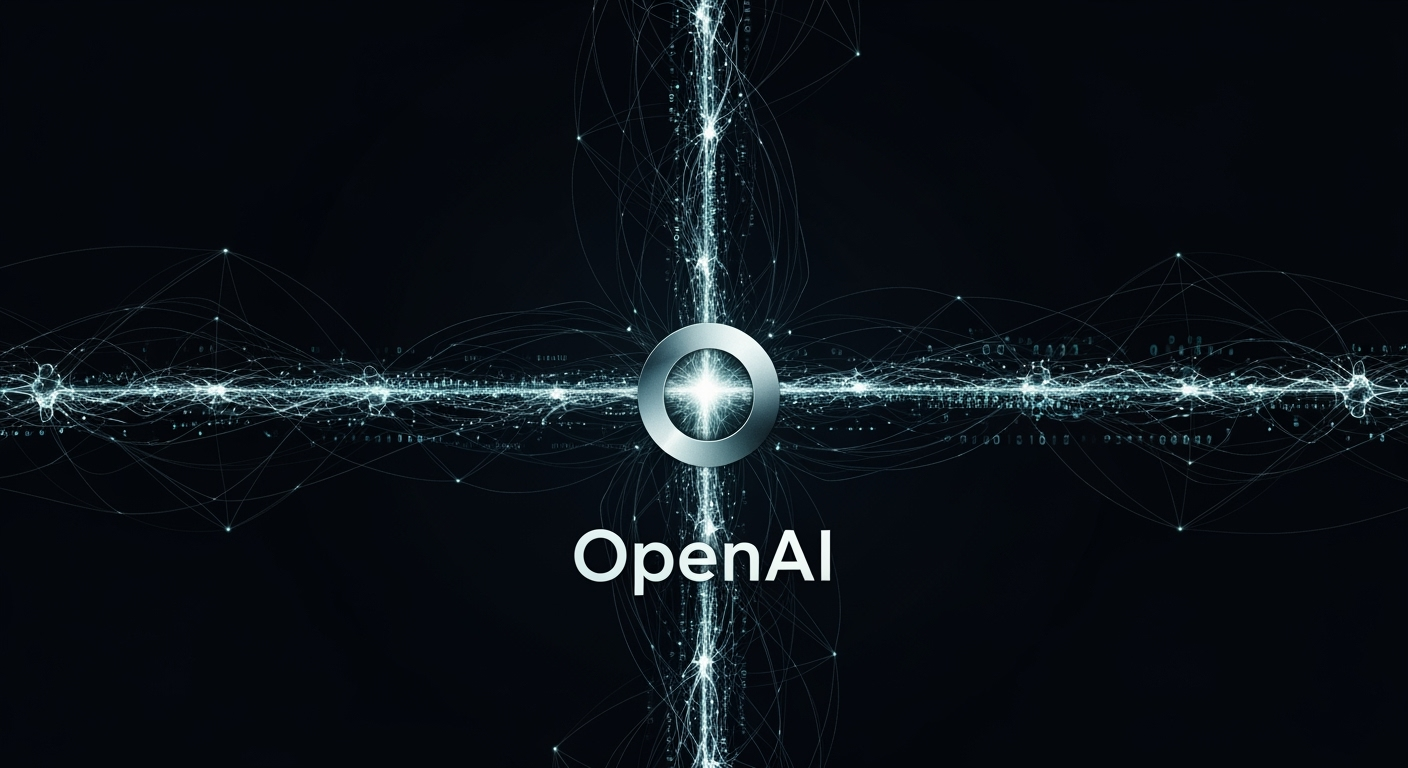Is OpenAI Pushing the Boundaries of Responsible AI?

OpenAI’s Bold Approach: Should AI Do Everything?
AI development is moving at breakneck speed, and recent moves by OpenAI have reignited debates about the balance between innovation and responsibility. As leading companies lower their guardrails and industry voices question the value of AI safety regulations, business owners and tech leaders face pressing questions: Who should shape the future of AI, and how cautious should we be?
The Industry’s Changing Attitude Toward AI Safety
In Silicon Valley, caution is often seen as a barrier to progress. Recent discussions have highlighted a growing divide between rapid AI advancement and the need for ethical oversight. For instance, venture capitalists have criticized companies like Anthropic for backing AI safety measures, suggesting that regulatory support is becoming “uncool” among major tech players.
- OpenAI has begun removing some restrictions on its technology, signaling a willingness to let AI systems operate with fewer limitations.
- Anthropic and others supporting AI regulation are facing backlash from investors and peers.
- California’s recent SB 243 law, which regulates AI companion chatbots, showcases the push and pull between public safety and industry freedom.
Innovation vs. Responsibility: The Blurred Line
The boundaries between ambitious innovation and responsible deployment are becoming harder to define. On a recent episode of the Equity podcast, hosts explored how this ambiguity is playing out in real scenarios:
- Real-world risks: A DDoS attack recently disrupted Waymo’s autonomous vehicle service in San Francisco, highlighting security vulnerabilities as AI expands into physical spaces.
- Wall Street interest: Goldman Sachs’ acquisition of Industry Ventures for up to $965 million signals growing mainstream confidence in the AI-driven secondary venture market.
- AI in logistics: FleetWorks secured $17 million in Series A funding to modernize trucking, showing how AI is reshaping traditional industries.
- Regulatory workarounds: Some startups are using SEC loopholes to pursue IPOs during government shutdowns, reflecting the lengths companies will go to stay ahead.
What’s Next for AI Governance?
For business owners and innovators, the key question remains: Should we prioritize speed or safety as AI becomes increasingly powerful? The debate is far from settled, but one thing is clear—the industry’s approach to responsible AI is evolving rapidly, and staying informed is critical for anyone invested in technology’s future.
References
- Should AI do everything? OpenAI thinks so
- The line between innovation and responsibility is getting blurrier
- Real-world DDoS attack blocked Waymo service
- Goldman Sachs acquires Industry Ventures
- FleetWorks’ $17M Series A to modernize trucking
- California’s SB 243: Regulating AI companion chatbots
- Startups using SEC workaround for IPOs during shutdown





